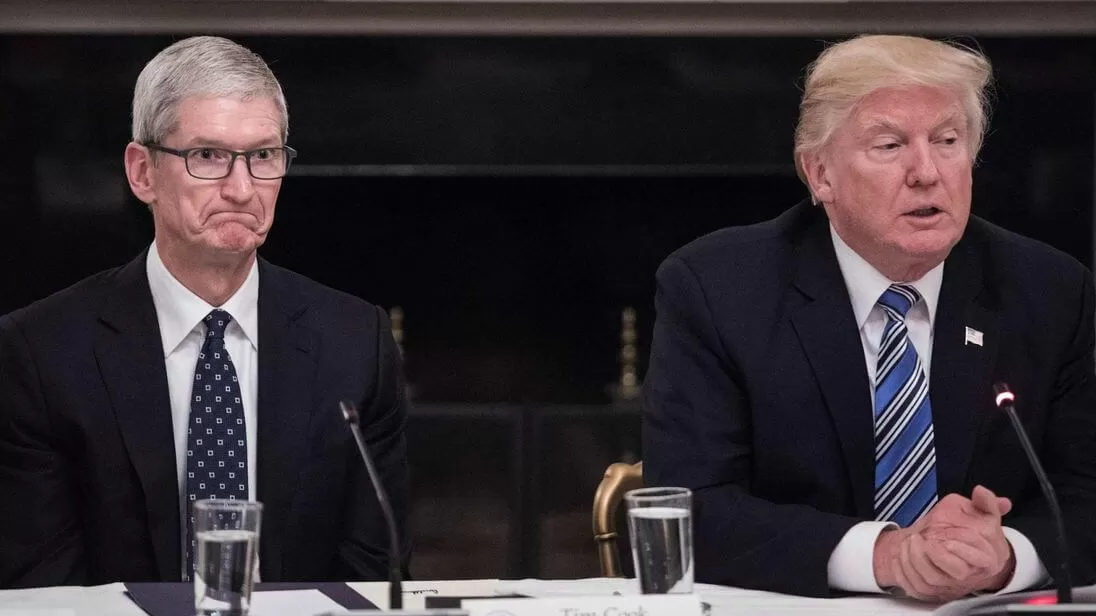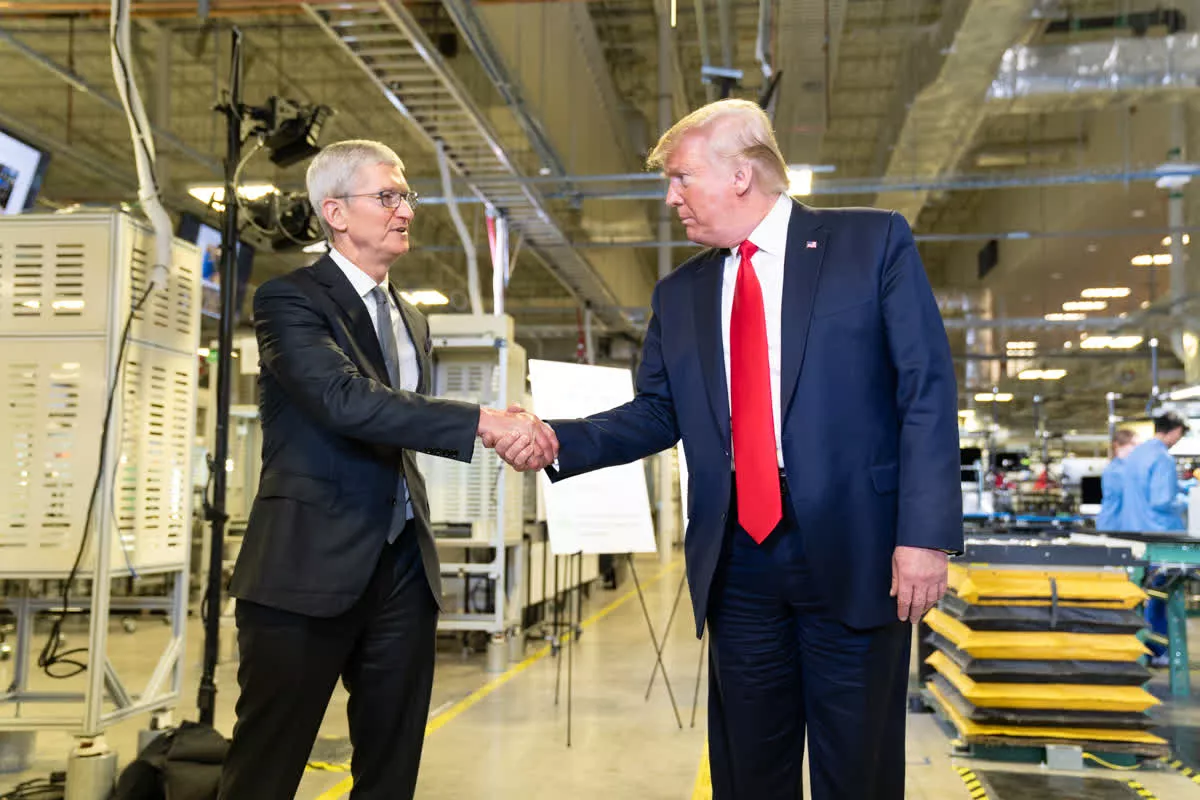A hot potato: As many predicted, Apple is considering raising the prices of its next generation of iPhones this fall. However, the company is keen to avoid blaming Trump's tariffs for increasing the price points of what are already very expensive handsets.

Since President Trump announced the often-changing tariffs on China, there have been fears that Apple, one of the companies that rely heavily on the nation and others in Asia for manufacturing its products, would be forced to raise prices. Some reports claimed the top-spec iPhone could reach $3,500.
Now, even though the US and China have just agreed a 90-day pause on tariffs and reciprocal duties, The Wall Street Journal reports that Apple is considering hiking the prices of the iPhone 17 lineup set for release in the fall.
The WSJ writes that Apple doesn't want to be seen as blaming any tariffs for the price increases – under the current agreement, a 20% tariff that covers smartphones will still be in place when they launch. Instead, the company wants to frame the higher prices as a necessity for all the new and improved features that the next iPhones will sport.
Currently, the iPhone 16E starts at $599, the iPhone 16 is $799 and the iPhone 16 Pro is $999 – those are the base model prices.

Last month, Amazon was blasted by the White House over reports that it was considering showing exactly how much the Trump tariffs will increase the cost of items on its Amazon Haul site. Press Secretary Karoline Leavitt called the move "a hostile and political act," and President Trump rang Amazon founder Jeff Bezos to discuss the matter. Amazon quickly announced that it wasn't following through with the plan. Perhaps Apple has learned the danger of trying to blame tariffs for rising product prices?
In the final week of March, just ahead of the initial 10% tariff, Apple transported five planeloads of iPhones and other products from India and China to the US over a three-day span. It's also been reported that Cupertino is rushing to shift iPhone production for the US to India for 2026.
Trump previously said the ultimate goal of the high tariffs was to bring manufacturing back to the US. But for Apple, which uses 187 suppliers in 28 countries for the device's 2,700+ parts, a US-made iPhone will likely remain a dream.
Apple could increase iPhone prices, but won't blame Trump's tariffs